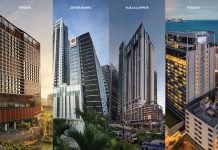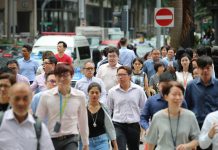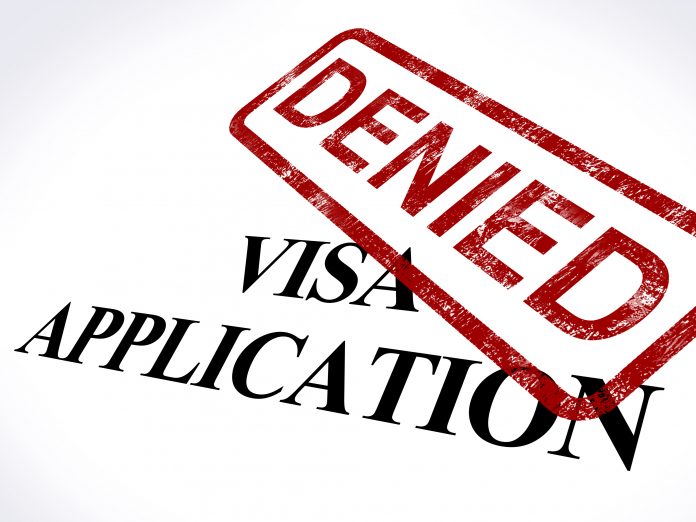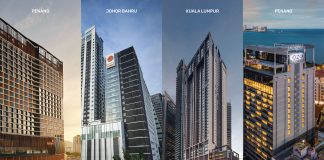It is getting harder and harder for foreign professionals to acquire Singapore’s Employment Pass, a document that is required for foreigners to work in the city-state. Trends show a continuous decline in holders in 2018.
Singapore currently holds the crown as the world’s most competitive economy. As such, it remains among the preferred destinations for corporate professionals from around the world. A recent survey released by Singapore’s Ministry of Manpower (MOM) has revealed that foreign workers are generally happy with working conditions in the Lion City and they would recommend the country to friends and family as a place to work.
However, gaining a work permit for Singapore is no easy task. “In recent years, the number of rejections in Employment Pass applications has continued to rise. Singapore has tightened its hiring guidelines to consider its citizens fairly for higher-quality jobs”, said One Visa Business Development Director, Cheng King Heng, who also happens to be an immigration consultant.
The Employment Pass (EP) is a work visa issued by MOM, which allows foreigners to work in Singapore in certain specialized, executive or managerial positions. It lets holders work and live in Singapore, as well as enter and exit the country without the need for additional visas. It is usually valid for one or two years and is renewable thereafter. EP holders also have better chances of getting a permanent residency application approved. Holders who meet additional eligibility criterion can bring certain family members to Singapore.
The requirements to qualify for an EP includes having a job offer in Singapore, working in a specialised managerial or executive job, hold a degree from a reputable institution (this can be compensated by having more professional job experience), have a strong employment history and earn a minimum fixed salary of SGD3,600 per month for young graduates. Senior talents with more experience may require a higher salary bracket.
Over the last two years, the number of EP applications that have been approved has seen a noticeable decline. One of the main reasons for this is an increase in difficulty for meeting requirements, particularly due to an increase in qualifying salary for foreign workers. According to Heng, this restriction, among other tightened guidelines, were put in place to prevent employers from hiring experienced foreign executives who are willing to work for much less compared to locals.
“Today, employers are required to increase the minimum salary for foreign workers for them to be on par with local talents”, he said. “If their salary is too low, there is a very high chance that their EP application will get rejected”.
Another fairly common reason for rejected EP applications is weak justification for hiring foreign workers. Heng notes that certain companies may hire foreign workers without a real business need to do so. As such, higher restrictions were imposed to ensure that EP holders must be at least mid-executive professionals with exceptional skill sets that cannot be sourced locally.
In 2014, the government introduced the Fair Consideration Framework (FCF) which outlines fair hiring requirements to help ensure local talent is not being left out of the competitive job market. This essentially ensures that Singaporean talent is considered and catered to before considering foreign workers.
In 2018, MOM expanded the job advertising requirement of the FCF to cover more firms and industries. In essence, the EP application process has become more complex for employers, as stronger justification is now required to obtain the necessary pass.
Heng added that as Singapore continues to grow and position itself as a global financial centre, there will always be demand for highly-skilled foreign professionals that can lend their expertise to help boost the nation’s economy and embrace it’s culture.























